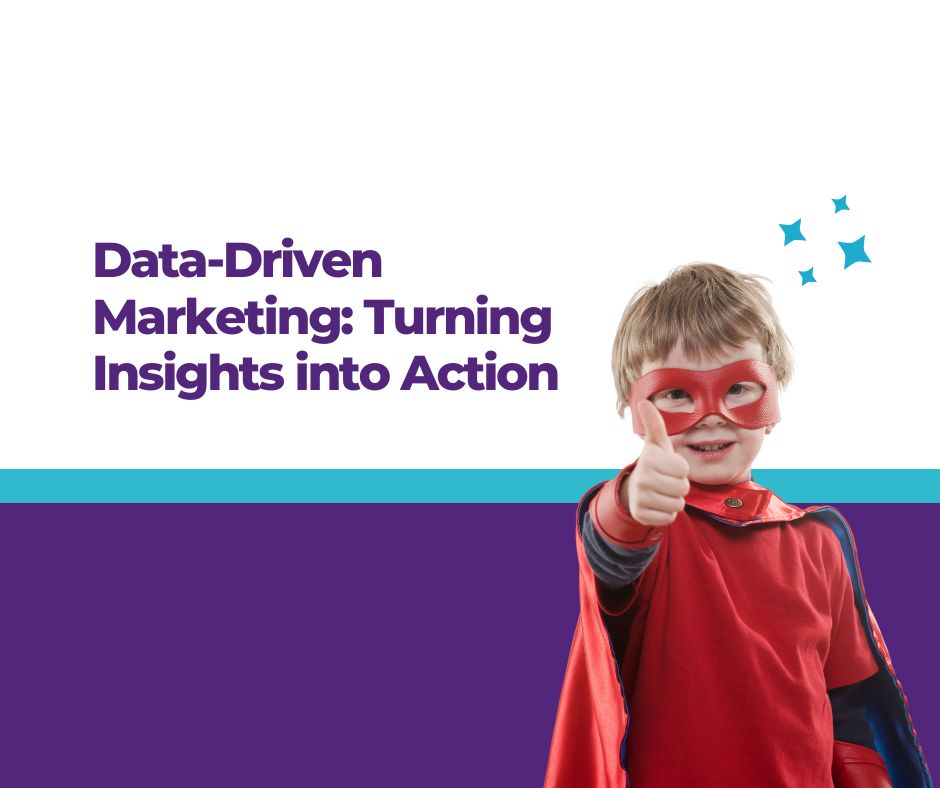
Lydia Mantle, Assistant Head (Equity & Pupil Wellbeing) at Queen Elizabeth’s Hospital, an independent school for boys aged 7-18 and girls aged 16-18, details the journey QEH has been on to ensure EDI is at the heart of the school.
Pleasingly, educators as a whole in 2022 have a greater understanding of the significance of equity, and how this should ideally play out in our own school’s context. This starts with recognising, acknowledging and examining what diversity looks like. It requires us to think about how equity can be perceived, and how this may still result in an unfair outcome – a lack of inclusion – for many of our young people. Now, it is the duty of all schools to shine a light on pupils’ lived experience (good or bad), as well as that of the society around them. Moreover, we are called to equip our young people with the confidence to correctly identify injustice, and to seek fairness for all.
Our equity work has thus far focused on three key areas: racial inequality, gender inequality and pupil voice; shining light in dark and often unexamined corners, and galvanising our pupils’ ability to speak out – and be heard.
First steps
One of the first steps we took was to conduct a racial inequality survey with pupils and staff: to understand their experiences and ability to recognise and challenge racist attitudes. We are now working with Flair Impact on a number of the key recommendations to come out of the post-survey reports. One action has been to improve community and collaboration within minority groups. We will also be focusing on bystander invention; giving our young people the skills needed to call out incidents of racism, stand in solidarity with fellow pupils and educate others.
On matters of gender inequality, we have partnered with Bold Voices, an award-winning social enterprise tackling gender inequality, be that looking at stereotypes, bias, gendered language and violence, and online behaviour, influences and digital footprint. Their team has delivered workshops with pupils and have trained up a team of our older pupils as ambassadors.
It has been thrilling to engage the pupils and to hear their hopes for how we might improve inclusion. We redesigned our school council, within which we now have a designated EDI pupil team. We have also launched clubs to support minorities and create belonging. Lastly, we have woven regular EDI content into tutor times and assemblies, allowing for pupil eflection and discussion on topics including unconscious bias, migroaggressions, and the strengths found within neurodiversity.
Key lessons
Even early on in our journey, the lessons learnt have been numerous.
- Recognising our starting point: we are an old school, which opened its door to girls in 2017, having educated boys for the 427 years prior. Whilst that context brings many positives and advantages, it can of course bring challenge, and it is worth acknowledging that.
- Whole school buy in is critical, yet consultation with individuals is essential.
- Data collection needs to be clear, watertight and not onerous to process.
- Accepting that challenge and resistance will come. Our journey to date has been both exciting and daunting. To do this work meaningfully and with impact, we must be expectant of setbacks. If you’re ruffling feathers, you must be doing something right!
- Actions must accompany ideals and aims, and be both achievable and sustainable. Slower, long-term objectives have a place alongside the ‘quick-wins’. We must avoid the tokenistic and embed initiatives in the longer term, even if this makes our actions today seem small or incremental.
Don’t go it alone…
Seeking a professional community makes this task far less isolating. Keen to share our ideas, promote diversity and provide networking opportunities, we hosted an EDI conference at school. We welcomed two highly engaging and encouraging speakers; Asif Sadiq MBE, Chief Diversity, Equity and Inclusion officer at Warner Bros, and Laura Bates, author and founder of the Everyday Sexism project.
Our remit – if we’re going to do it right – is vast, and therefore being a work in progress; taking time to do this well – is acceptable. As I heard again recently – ‘anything you’re doing today is always a step further forward than yesterday.’
Surveys are often a valuable place to start. Not only do they provide valuable information about attitudes and experiences of pupils and staff within your community, but with regular follow up they can provide unique insights into the impact that your work is having.


